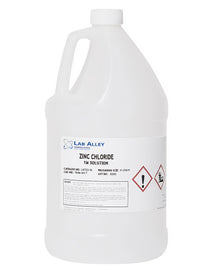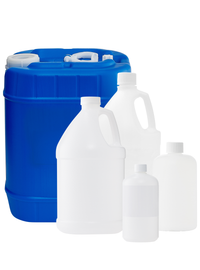Zinc Salts
Widely Used In Medicine, Industry, And Agriculture
About Zinc Salts
Zinc salts are chemical compounds that contain zinc ions (Zn2+) combined with different anions. These salts are formed when zinc reacts with acids or other compounds containing anions. Zinc salts are versatile and have various applications in different fields, including medicine, industry, and agriculture.
Filters























